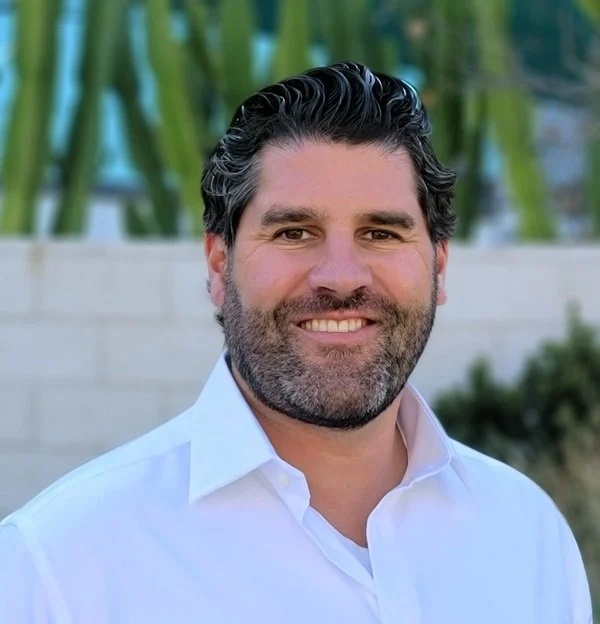
Calorimeter Leasing for Labs
Measure heat flow and reaction energy—without tying up your budget. Lease the calorimeter that fits your workflow.
What Is a Calorimeter?
Calorimeters measure the heat released or absorbed during chemical and physical processes. They’re used across R&D and QA/QC workflows to study reaction thermodynamics, stability, and material behavior.
→ Want a deeper dive? Learn how calorimetry works
Why Lease a Calorimeter?
Calorimeters are critical for formulation development, process optimization, and product testing—especially in pharmaceuticals, biotech, and materials science. But acquiring a high-sensitivity system can be costly and inflexible, particularly for growing teams or early-stage labs.
Leasing helps you access the tools you need without sacrificing runway or long-term capital. Instead of tying up budget in a depreciating asset, you can redirect those funds toward R&D, hiring, or validation efforts.
Where Leasing a Calorimeter Adds Value
Calorimeters are critical for studying reaction thermodynamics, stability, and heat capacity in chemistry, materials science, pharma, and food science. But systems like differential scanning calorimeters (DSC), isothermal titration calorimeters (ITC), and bomb calorimeters can require substantial upfront investment—especially when advanced automation or sensitivity is needed.
Leasing can make a significant impact when:
- You're scaling R&D or QA and need precise thermal data without diverting capital from core research.
- Your team requires specialized calorimetry but wants to stay agile with system upgrades.
- You're outfitting a new lab or expanding capabilities and need to keep startup costs under control.
With leasing, you get the data you need to understand material and reaction behavior—while keeping capital free for innovation.
Why Teams Lease with Excedr

Founder-friendly, non-dilutive capital
Ideal for early-stage or venture-backed teams—and a smart option for any lab looking to preserve equity while scaling.
Flexibility on equipment choice
No inventory limitations. You choose the system that fits your workflow—we handle the financing.
Lease terms aligned with your growth
2–5 year terms that support your budget, equipment lifecycle, and scaling timeline.
Quick approvals, flexible terms
Get approved in days—not weeks—with no collateral, IP pledges, or debt covenants required.
White-glove service & procurement
Equipment sourcing, vendor coordination, and lease logistics are streamlined to reduce your team’s internal workload.
Reliable support when it matters
Our vendor relationships help resolve issues quickly—so you stay productive and hit key milestones.
Leasing Solutions We Provide

Operating Leases
Treat lease payments as operating expenses, not debt. This simplifies accounting and preserves flexibility.

Sale Lease-Backs
Convert owned equipment into working capital. Keep it off your balance sheet and treat payments as operating expenses.
What Can You Lease?
We source calorimetry systems to order, including:









































































Straightforward Application Process

Tell Us What You Need
Already have a quote or PO? Just let us know the equipment you want to lease—we’ll take it from there.

Get Approved Quickly
Our in-house underwriting team reviews your financials fast—no outsourcing, no red tape—so you get a decision in days, not weeks.

We Handle the Rest
We handle the logistics and coordinate with the vendor so you can get to work—no upfront capital required.
Helping Scientists Scale & Succeed
Frequently Asked Questions
Lease Your Next Calorimeter & Accelerate R&D
Don’t let capital constraints limit your lab’s capabilities. Our leasing program is designed to remove friction from equipment procurement so you can stay focused on producing accurate, reliable results.












